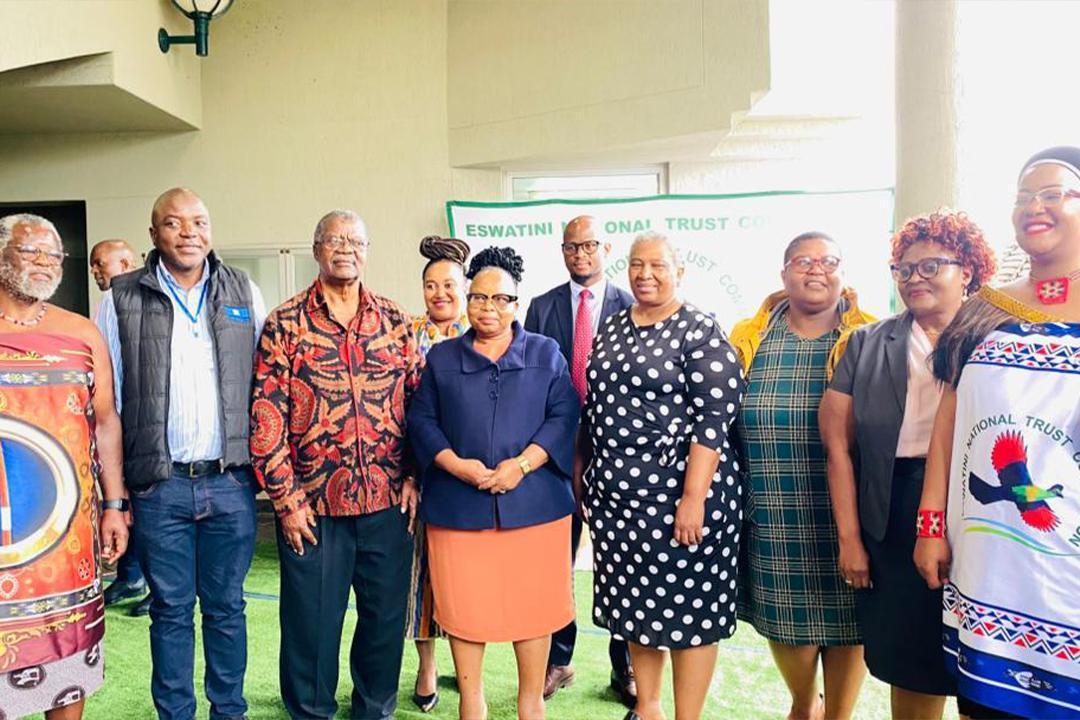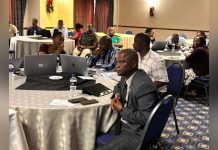Africa-Press – Eswatini. The Kingdom of Eswatini has strengthened its commitment to preserving and promoting its cultural identity with the launch of a four-day UNESCO Intangible Cultural Heritage workshop.
The event began on Monday, 24 November 2025, at King Sobhuza II Park in Lobamba, drawing government officials, cultural practitioners, UNESCO experts and other key stakeholders for a comprehensive capacity-building programme aimed at safeguarding the nation’s living heritage.
The workshop focuses on enhancing national expertise in documenting, safeguarding and preparing nominations for UNESCO’s Lists of Intangible Cultural Heritage. This marks a significant step towards ensuring that Eswatini’s rich cultural traditions are recognised, protected and ultimately celebrated on the global stage.
Minister of Tourism and Environmental Affairs Jane Mkhonta-Simelane officially opened the workshop, describing Eswatini’s intangible cultural heritage as “the very soul of our nation.” She emphasised that the country’s participation in the UNESCO 2003 Convention was not merely symbolic but a clear expression of responsibility and pride.
“Our commitment is not merely a formality; it is a declaration of our belief that this heritage is a vital, non-renewable resource that must be protected, promoted and transmitted,” she said. The Minister also welcomed facilitators from the UNESCO Regional Office for Southern Africa, stressing the importance of collaborative efforts in achieving national goals. She referenced His Majesty King Mswati III’s call that “Hulumende akagijime atsi Nkwe”, underscoring the need for unity and shared purpose when addressing national challenges.
Mkhonta-Simelane highlighted that the workshop was designed to be hands-on and results-driven. “This is not an academic exercise; it is a practical call to duty,” she asserted, urging participants to take seriously their role in preserving Eswatini’s cultural legacy.
Eswatini National Trust Commission (ENTC) Board Chairperson Dr Fortunate Shabalala echoed these sentiments, stressing the need to transition from passive appreciation to active preservation. “We are gathered here as custodians of the Kingdom of Eswatini’s heritage to address the core principles of the 2003 UNESCO Convention,” she noted. She described the workshop as a strategic investment aimed at ensuring that Eswatini’s cultural heritage achieves global visibility through compliance with international standards.
Secretary General of the Eswatini National Commission for UNESCO, Lwandle Simelane, reaffirmed the nation’s dedication to its cultural conventions and encouraged stakeholders to take greater ownership of Eswatini’s story. “Ratification alone is not the destination; it is the beginning of the journey,” he said. Simelane called on participants to recognise their role as ambassadors of Eswatini’s cultural identity, declaring, “Kufanele kube tsine bantfu belive labasitsengisa indzaba yetfu emhlabeni.”
He further stressed the need for collective action, urging unity to elevate Eswatini’s cultural profile internationally. “Together let us remove Eswatini from the list of countries with no inscriptions. Let us claim our rightful place on the world’s cultural map,” he said.
The workshop, supported by the Government of Japan, will equip participants with specialised skills in documentation, safeguarding measures and nomination procedures. This training is expected to significantly strengthen Eswatini’s ability to preserve its living traditions while positioning culture as a driver of development, national pride and sustainable tourism.
As the country deepens its investment in cultural preservation, the workshop stands as a landmark moment in Eswatini’s journey towards achieving international cultural recognition and safeguarding its heritage for future generations.
For More News And Analysis About Eswatini Follow Africa-Press







